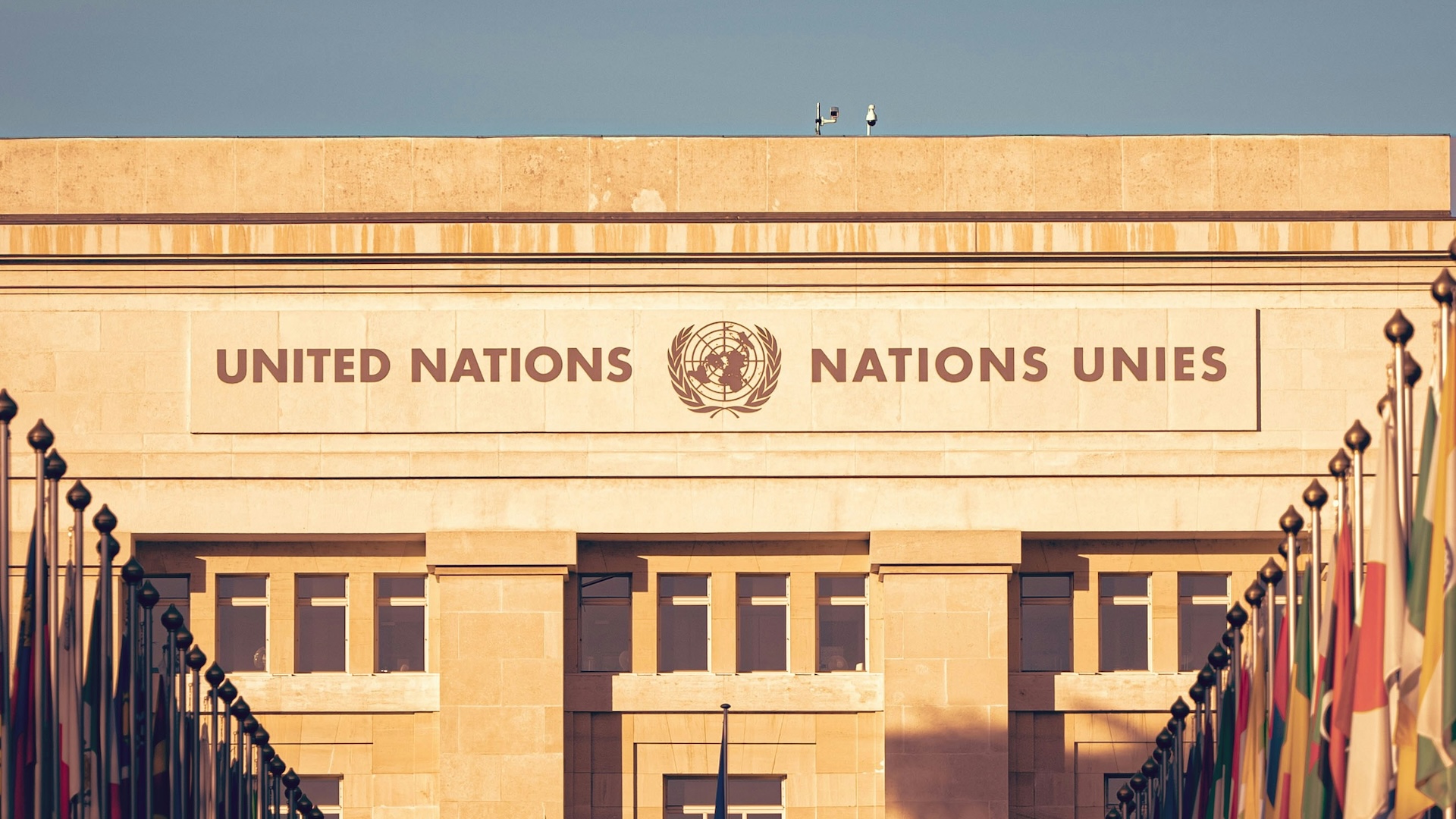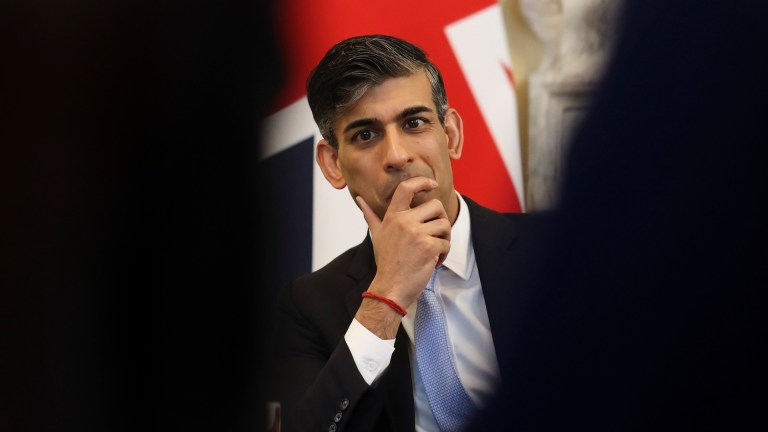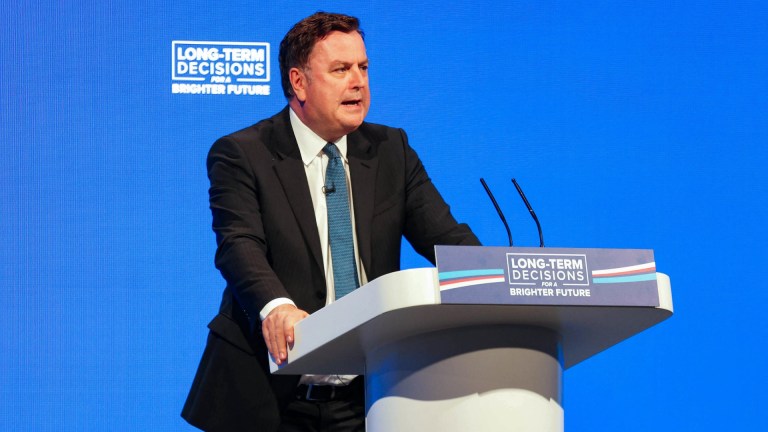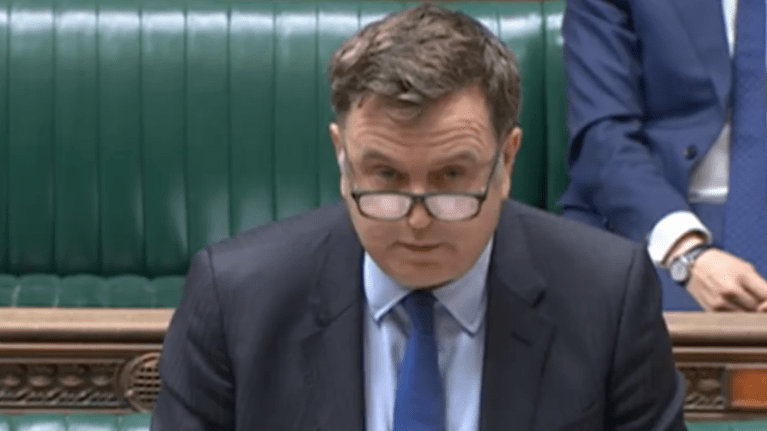It was just last week (19 April) that prime minister Rishi Sunak delivered a speech in which he raised concerns about a “sick note culture” and benefits becoming a “lifestyle choice” – but this is far from the first announcement from the government about their plans to drive people into work.
Campaigners have repeatedly raised fears about the impacts of tightening an “already harsh” disability benefits system. It could force people into unsuitable work and cause unnecessary stress which could worsen their physical and mental health conditions.
The UNCRPD report also said that it has led to an increase in hostility towards disabled people. It said: “There is a pervasive framework and rhetoric that devalues disabled people and undermines their human dignity. Reforms within social welfare benefits are premised on a notion that disabled people are undeserving and wilfully avoiding employment (‘skiving off’) and defrauding the system. This has resulted in hate speech and hostility towards disabled people.”
‘Inadequate’ support for disabled people to live independently
The Big Issue has reported on a lack of housing and social care which has left disabled people without anywhere to live – young adults forced to live with their parents, disabled people “trapped” in temporary accommodation for years and others facing homelessness.
Speaking to the UN committee, the government’s Gowlland said: “We are committed to addressing social and environmental barriers that impact disabled people, supporting actions that enable disabled people to reach their fullest potential.”
But the follow-up report disputes this, saying: “There has been no significant progress for disabled people throughout the UK concerning their right to living independently and being included in the community. While some reforms and policies have been undertaken to provide financial support, accessible housing, and transport, this has been inadequate considering the cost of living crisis.”
Disabled people face ‘abuse, mistreatment and restraint’ in mental health hospitals
There are currently 2,045 people with a learning disability and/or autism living in inpatient units, according to NHS England statistics released this month and analysed by charity Mencap. On average, they remain in these hospital settings for just under five years.
It confirms that the government has once again failed to meet its target to reduce the number of people with a learning disability and autism in mental health hospitals – a longstanding promise.
Following the Winterbourne View abuse scandal in 2011, the government and NHS England pledged to reduce the numbers of people with learning disabilities and/or autism in inpatient settings.
The latest commitment was to reduce the number of people with a learning disability and autistic people in inpatient units by 50% by March 2024. Mencap estimates they won’t meet it until 2030 at the earliest.
The UN report said: “The committee is deeply concerned about evidence across the state party that there is increasing rates of institutionalisation of disabled people, including disabled people living in secure psychiatric facilities due to a lack of community-based support; disabled people who are forced to remain in hospitals because there are no other support and housing alternatives, disabled people who are unable to live at home because there are inadequate supports and they are forced to live in social care homes; disabled people who are housebound due to inadequate support to access the community.”
In January 2024, there were 5,735 reported uses of restrictive interventions used against people with a learning disability in inpatient units in one month. Of these, 1,085 were against children. That includes physical, chemical, mechanical restraint and being kept in isolation.
The report acknowledged this, saying: “There is also indication of abuse, mistreatment and the increasing use of restraints, restrictive practices and coercive measures in these forms of institutions and concerning reports of failures in mental health care that are linked to a large number of unexpected deaths in the mental health care system.”
The Big Issue recently spoke to a mother whose daughter has been “trapped” in a mental health hospital for a decade.
The DWP has confirmed plans to change the ‘scoring’ of the work capability assessment (WCA) from next year in order to make it more difficult for disabled people to qualify for higher social security payments.
Some disabled people would lose up to £390 a month under these new reforms, and many could also face sanctions and risk losing some or all of their benefit payments if they do not comply with new conditions that could be imposed on them.
Around 230,000 people with serious mobility problems preventing them from working could miss out on the extra health element of universal credit by 2029, according to figures from the Office for Budget Responsibility (OBR) requested by charity Z2K.
A further 141,000 people with mental health conditions could be impacted by 2029. Z2K warns this could put them and others around them at “substantial risk of harm” under the DWP’s conditionality regime.
But the UN report explains that the WCA is already tough to navigate. It explains: “The WCA process is complex and onerous, the application itself has increased in size, which means that many applicants opt out of completing the application.
“Applicants are not always allowed assistance or support in assessment meetings, and assessors are inexperienced and/or unqualified in working with and understanding the lived experience of disabled people, in particular to people with intellectual and/or psychosocial disabilities.
“The WCA does not sufficiently account for the specific circumstances of the person’s life and potential need to be connected to other relevant supports and services, for example in situations of domestic violence, mental distress and crisis, or with caring responsibilities. Without a robust holistic approach, disabled people will not be supported to be work ready.
“The evidence overwhelmingly demonstrates that this process is not trauma informed, not sufficiently linked to other services and support, and not suitable to assist people to be job ready.”
Last week, the High Court granted disability campaigner Ellen Clifford permission to bring a judicial review of the eight-week long public consultation into the reforms. Her legal action is backed by organisations including Z2K, Black Triangle, Disability Rights UK and a variety of disabled people’s organisations across the UK.
DWP plans for bank account surveillance ‘could impart a sense of criminalisation and psychological distress’
The Data Protection and Digital Information Bill is set to give the Department for Work and Pensions (DWP) more power to search for fraud and error in the benefits and pension system.
It would compel banks to give the DWP information it requested around benefit claimants and any connected bank accounts – such as those of landlords, family members, partners or ex-partners.
As the Big Issue has reported, campaigners have sounded the alarm about the plans – which lawyers have said risk violating human rights and unlawfully discriminating against vulnerable groups, including disabled people.
The UN report said: “The committee has significant concerns regarding the November 2023 amendment to the Data Protection and Digital Information Bill. This Bill allows the DWP to perform regular checks of disabled people’s bank accounts to monitor fraud and errors.”
It is unclear whether the government has plans to roll out use of artificial intelligence to detect fraud in the benefits system, but the report raises worries.
It said: “There is a tangible concern that artificial intelligence (AI) tools and algorithms may harbour inherent biases, potentially leading to punitive measures that, fundamentally, could impart a sense of criminalization and psychological distress among individuals.”
The UN committee is ‘appalled’ by ‘benefits deaths’ among disabled people
The Big Issue has spoken to people have been driven to “psychological trauma to the point of being suicidal” when navigating the disability benefits system.
It has also exposed the story of a young man who took his own life after facing anxiety that his disability benefits would be taken away.
The UN report alleges that there is a “correlation between the government’s initiative to reevaluate incapacity benefits through the WCA and an estimated 600 suicides over a span of three years”. It also claims that inadequate social care and mental health provision has led to deaths.
It said: “The committee is appalled by reports of ‘benefit deaths’ referring to fatalities among disabled people in the state party, subsequent to their engagement with the process for determining eligibility for benefits. The evidence received revealed a disturbingly consistent theme: disabled people resorting to suicide following the denial of an adequate standard of living and social protection, starkly contradicting the foundational principles enshrined in the convention.
“In addition to numerous personal accounts concerning benefit deaths, a research study shared with the committee indicated a correlation between the government’s initiative to reevaluate incapacity benefits through the WCA and an estimated 600 over a span of three years. Testimonies have also been received regarding the minimal, unsuitable, and/or abusive responses to individuals’ mental health emergencies that are frequently precipitated by the benefits assessment procedure.”
Do you have a story to tell or opinions to share about this? We want to hear from you. Get in touch and tell us more.









